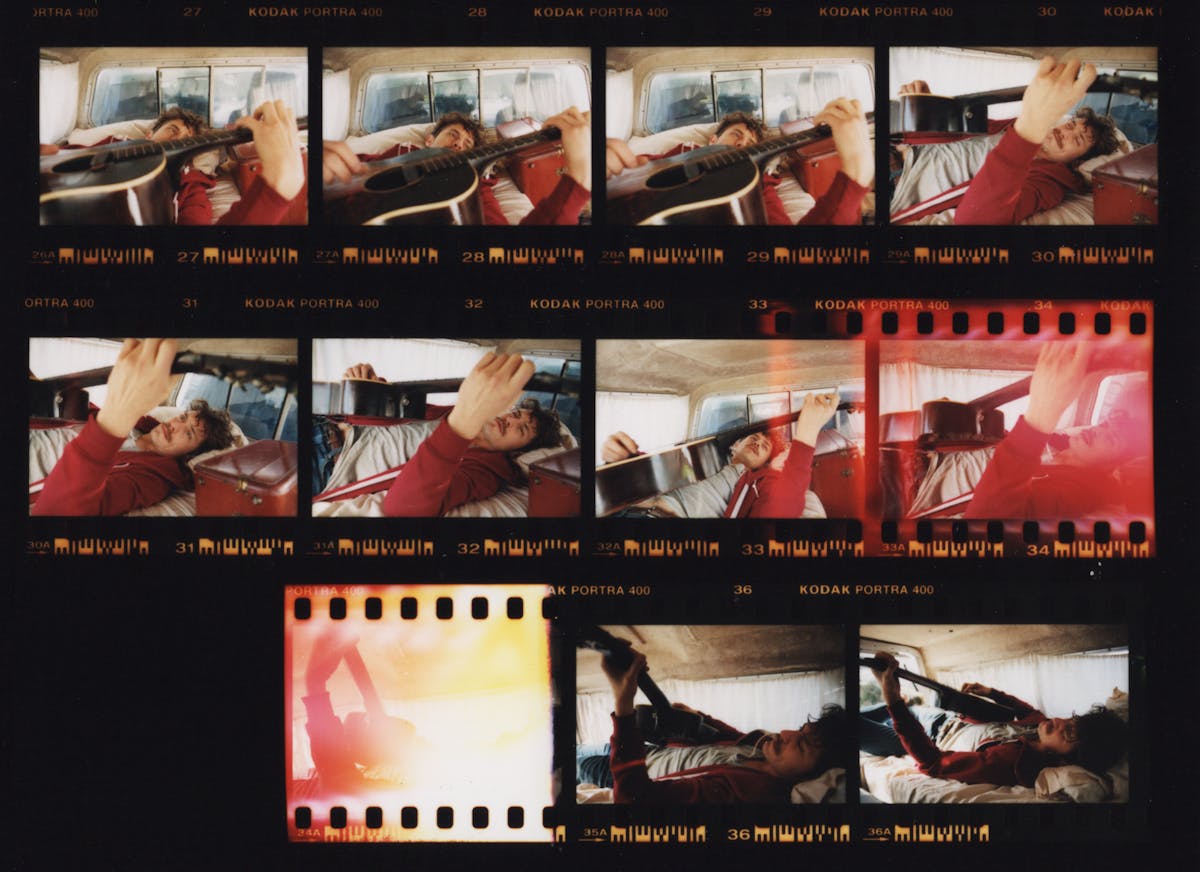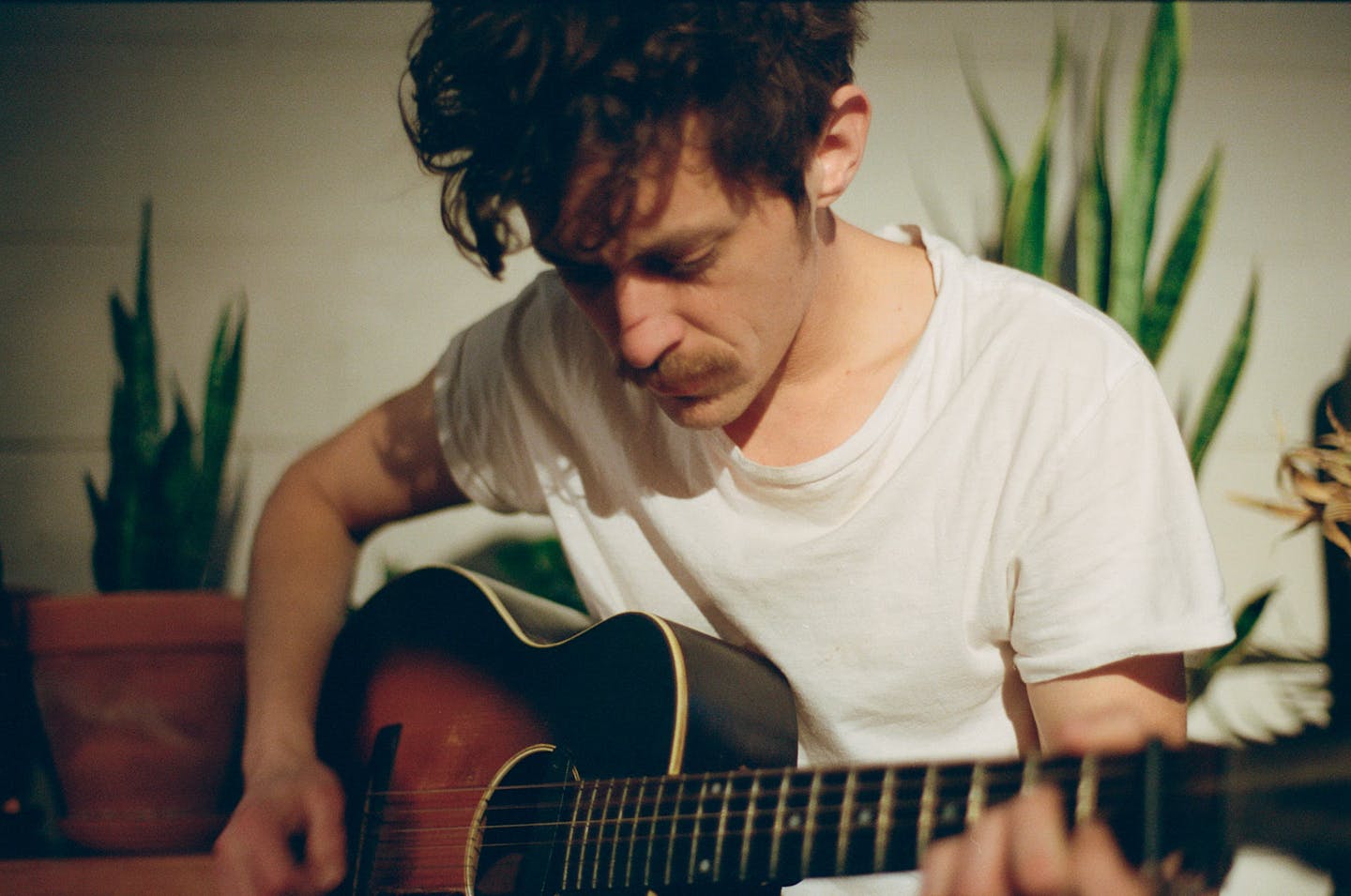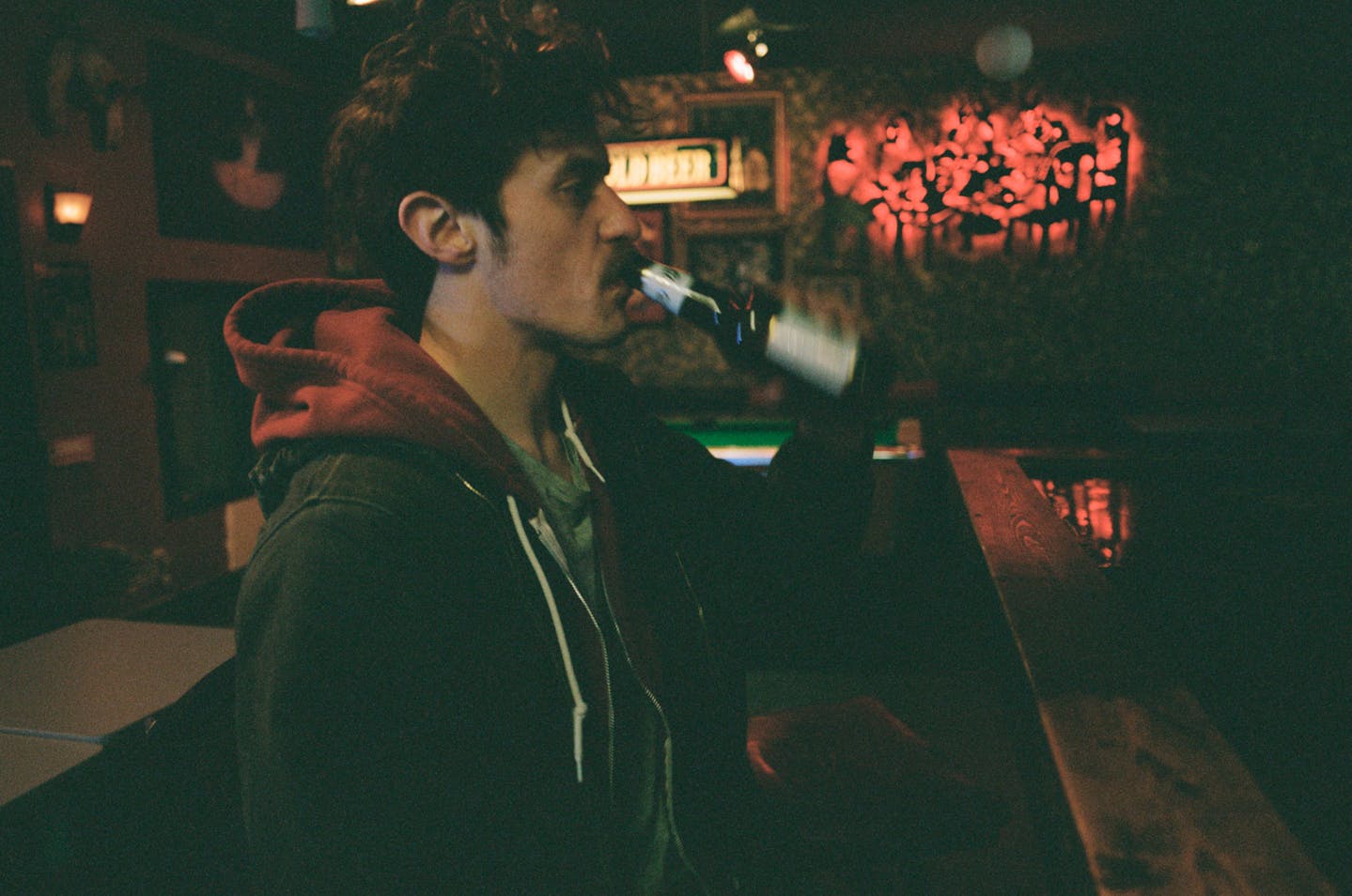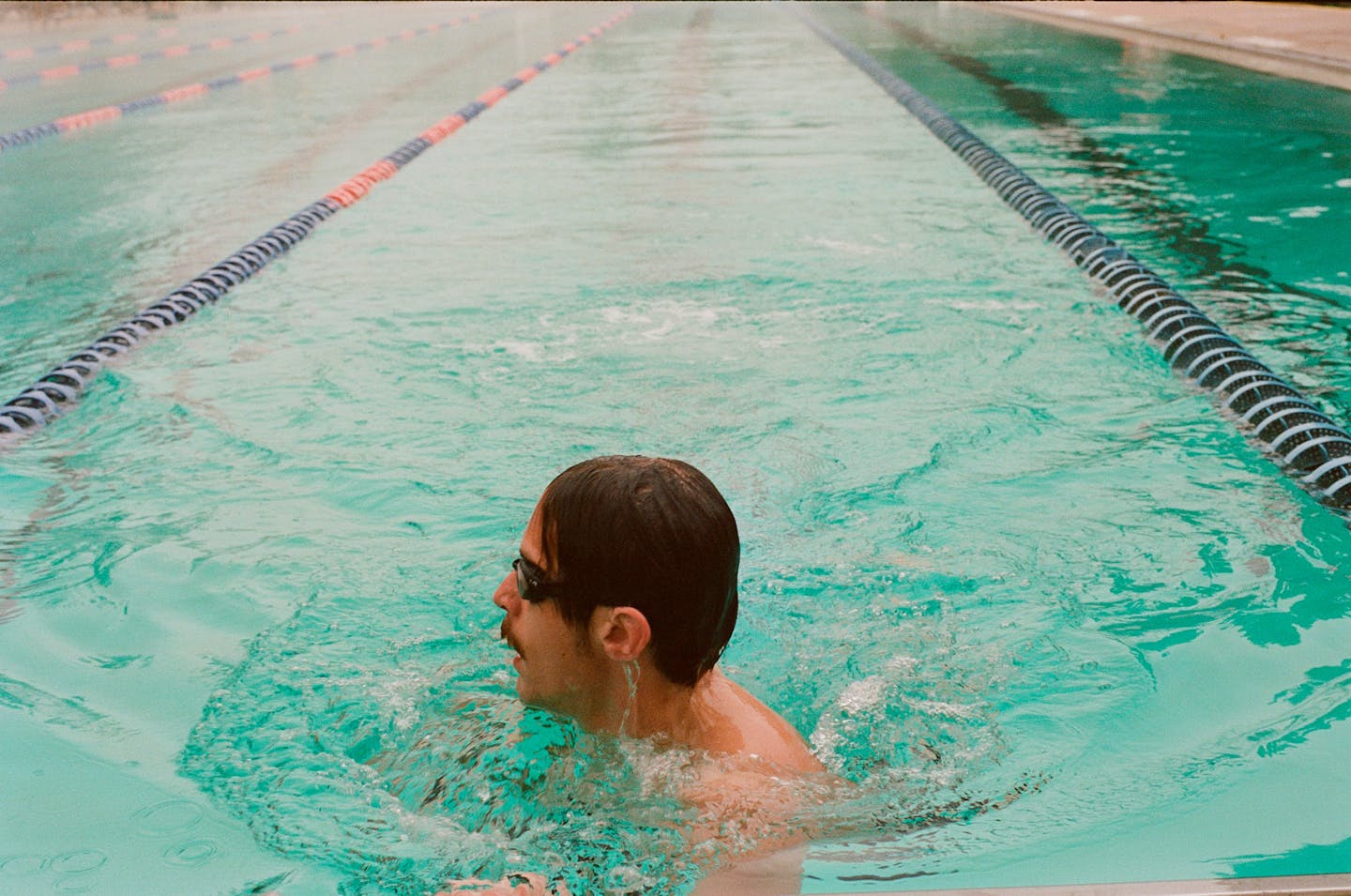

Jeremy Quentin: Portrait of a Songwriter
Just over a month before COVID-19 changed life as we know it, I began work on a story about songwriter Jeremy Quentin. In the months since, his story has taken on a grave new importance with the precarious position most live performers have found themselves in. I hope the story of one man’s creative process can give us all new appreciation for the songwriters and musicians whose work we find solace in.
I’ve been completely fascinated with songwriting for most of my adult life. A great song has a way of taking on everything in the world without saying anything at all. They seem effortless, as if they’ve always been in existence and someone just happened to capture it one day.
I gave it a shot myself - learned a few chords, scribbled down wayward thoughts in notebooks. I’m not the best singer or player, but I could write prose pretty well. I’ve been known to wax poetic and had lived a bit by that point, but it became clear to me that to write a song, I mean a really great song, you have to give your life over to it. You can’t casually write songs. My favorite songwriters were consumed; I watched the best ones consciously (or, more often, not) shape their lives to the routine dictated by their writing.
The more I got to know these craftspeople, the more enraptured I became by their ability to divine words and melody with nothing more than a piano or guitar. While finishing my book, Forward, which featured songwriters but wasn’t centered specifically on that subject, I became more focused on the act of songwriting itself. I started listening to podcasts, reading interviews and asking my own questions. I started thinking about the relationship to the writer and the song, how they come about, what happens to it once it’s played for others, and where this compulsion comes from.


That’s when I began thinking more about Jeremy Quentin. I first encountered him nearly a decade ago when he played a show in Madison, Wisconsin, where I was living at the time. We had a mutual friend in Kenny Monroe, the two of them having gone to nearby high schools across the border from each other in Northern Wisconsin and the Upper Peninsula. From the first time I saw him play I was impressed. His playing was masterful, but it was his writing, his singular voice and unique cadence that caught my attention. I was seeing a lot of shows in those days, but Jeremy stood out as the absolute real thing.
A few years later I got to know him better. I had just moved into my first apartment on my own in Brooklyn, and I invited Jeremy to stay on my couch when he played in New York. He visited frequently in 2015 and I got an intimate look at his process as he rehearsed and wrote in my living room. We talked a lot and became close friends.


In the half decade since, Jeremy moved to Austin and took some time off from his constant touring to hunker down and spend more time writing and recording new songs. I got married and work got busier, and I wasn’t always around to see him when he did play New York. But his songs and his process always stayed in my head, and when this obsession with songwriting came to a fever pitch I knew it was time to see Jeremy in Austin. When we talked on the phone he’d invite me to visit him there. Jeremy’s always up for some photos or video and he’s got a great relationship with my camera.
For this project, I wanted to go behind Small Houses, Jeremy’s moniker. I wanted to document Jeremy Quentin, the tireless songwriter. A true workingman, a man whose life is centered around this holy craft. Jeremy’s a humble man, and he lives humbly; it’s better for writing. In Jeremy’s world, you don’t need much, and anything you don’t need is a distraction. Four walls, a soft place to sleep, a desk, his guitar and a pot of coffee. Maybe a blender to make a protein shake. A membership at the YMCA to get some reps in to keep your mind sharp and the blood flowing. A local bar that’s open late to knock back a few beers while jotting down lyrics. A used pickup truck to get around town that doubles as a mobile home when touring. A job at a coffee shop to pay for all of it without too much responsibility to burden the creative mind. It’s nearly monastic.


Society at large does not reward these choices. Conventional thinking tells you to find a higher paying job, work your way up. Or learn to code, so you can get a tech job, so you can make more money faster. Buy nice clothes, a better car. Get a bigger apartment. Order new everything from amazon instead of buying only what you need from the goodwill. Jeremy can’t be bothered by these thoughts, these pressures. He’s built his little world just big and strong enough to support this one thing, this true calling. He’s on a quest to write more and better, one album and then another. Honing, whittling each tune down to its perfect structure.
There are some rewards, some benefits, sure. A good show, a nice article. If he were doing it for pats on the back he could sing someone else’s songs at a bar in downtown Austin and get far more applause nightly. For Jeremy, the drive to write, to perfect a song and record it as he sees fit, isn’t a quest done for profit.
It’s not just for some bullshit universal good I’m rambling on about here, or for the enjoyment and faux-enlightenment of fools like me either. Jeremy writes for more corporeal and selfish reasons. He writes for the same reason he exercises, to keep him sane. You can hear the desperation in his songs. He needs those songs to stay on track, to name the demons and the things that keep them away. To take all these thoughts and put them into place.